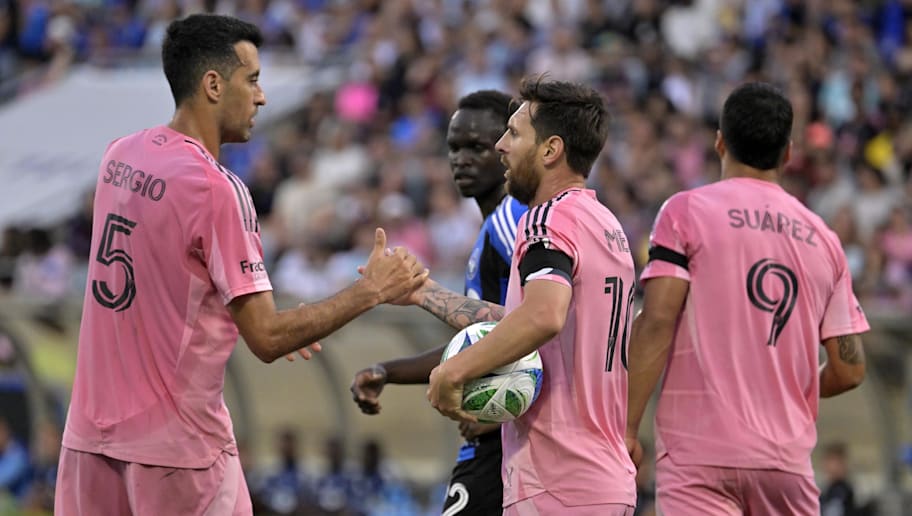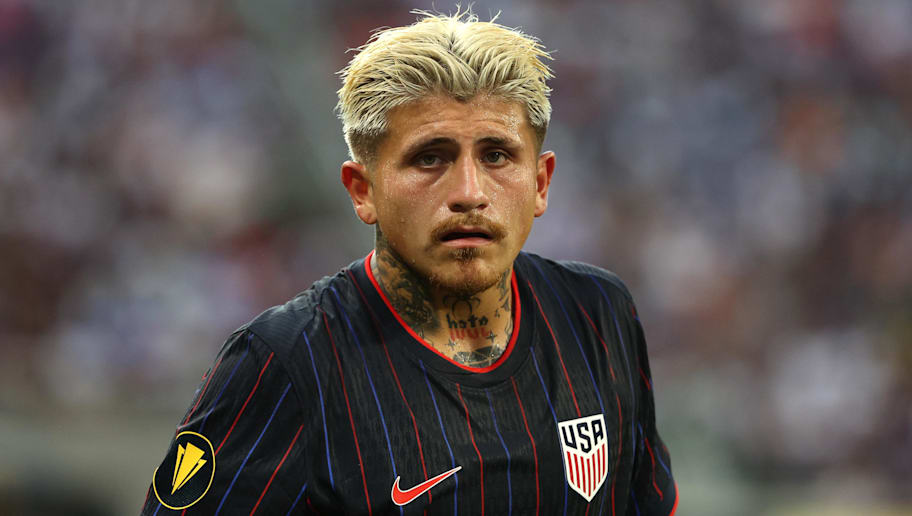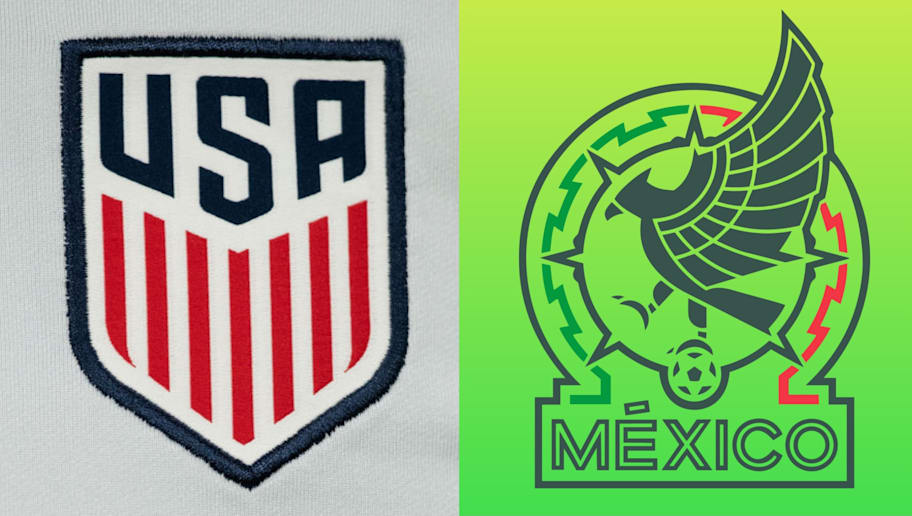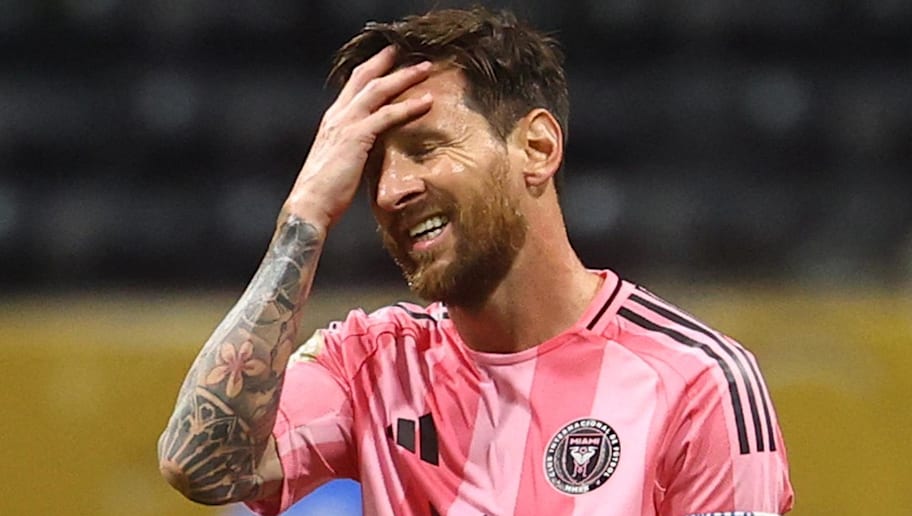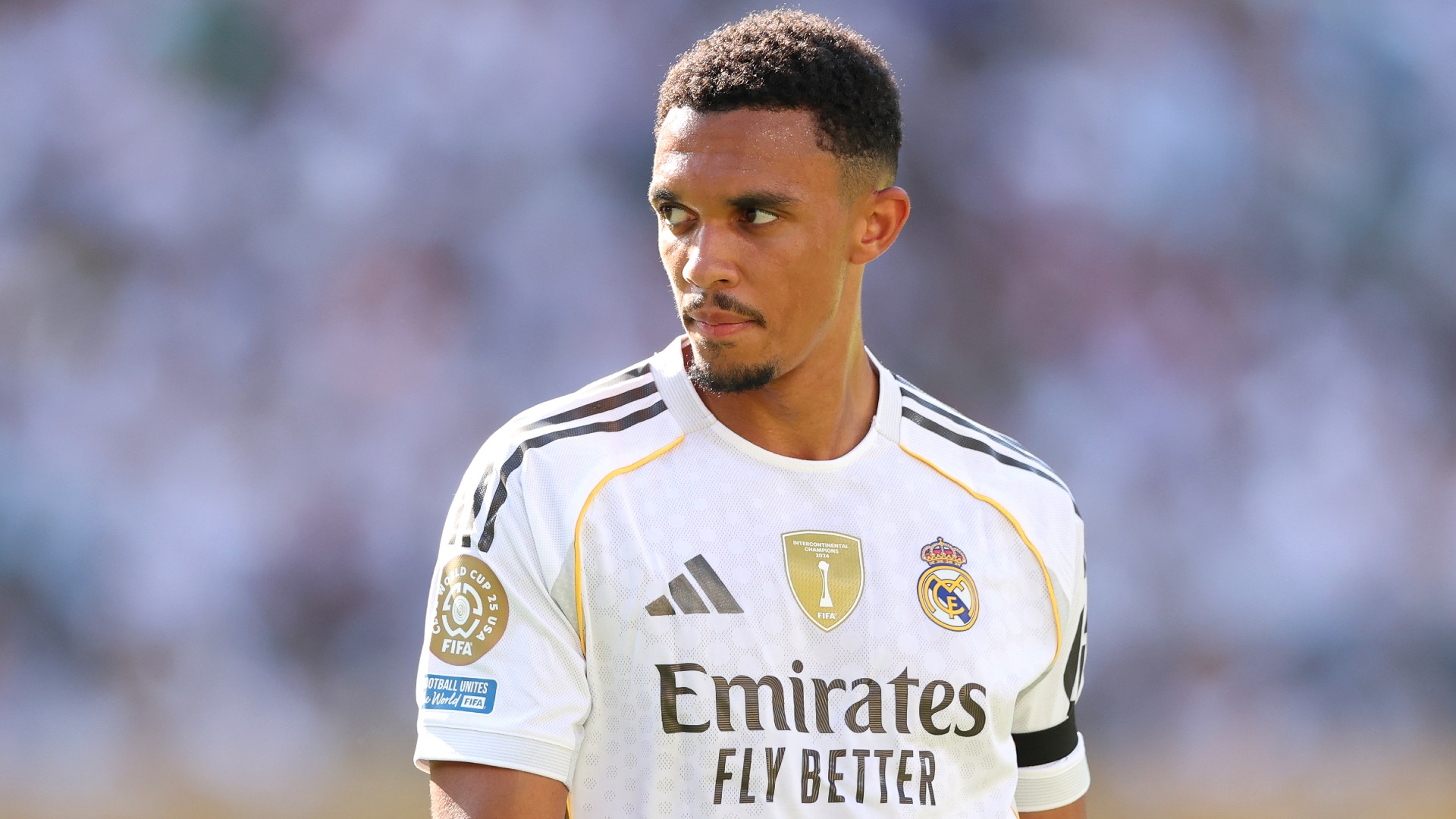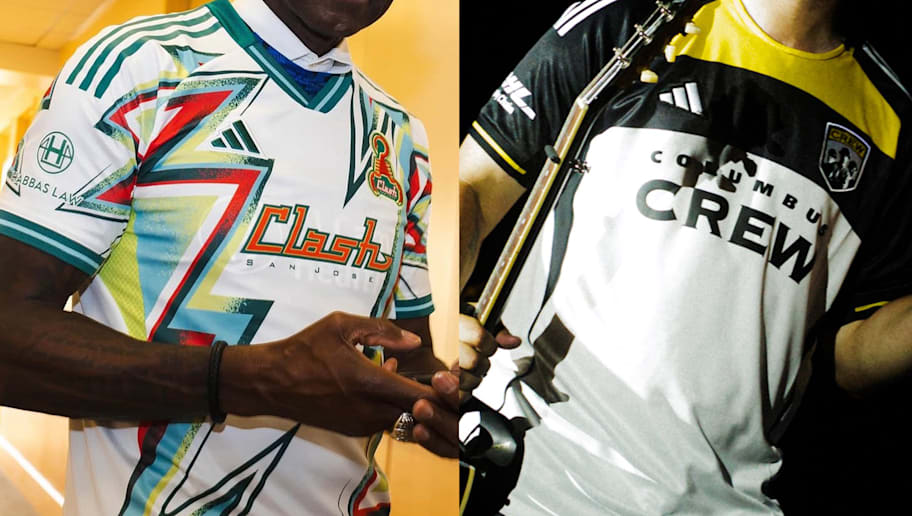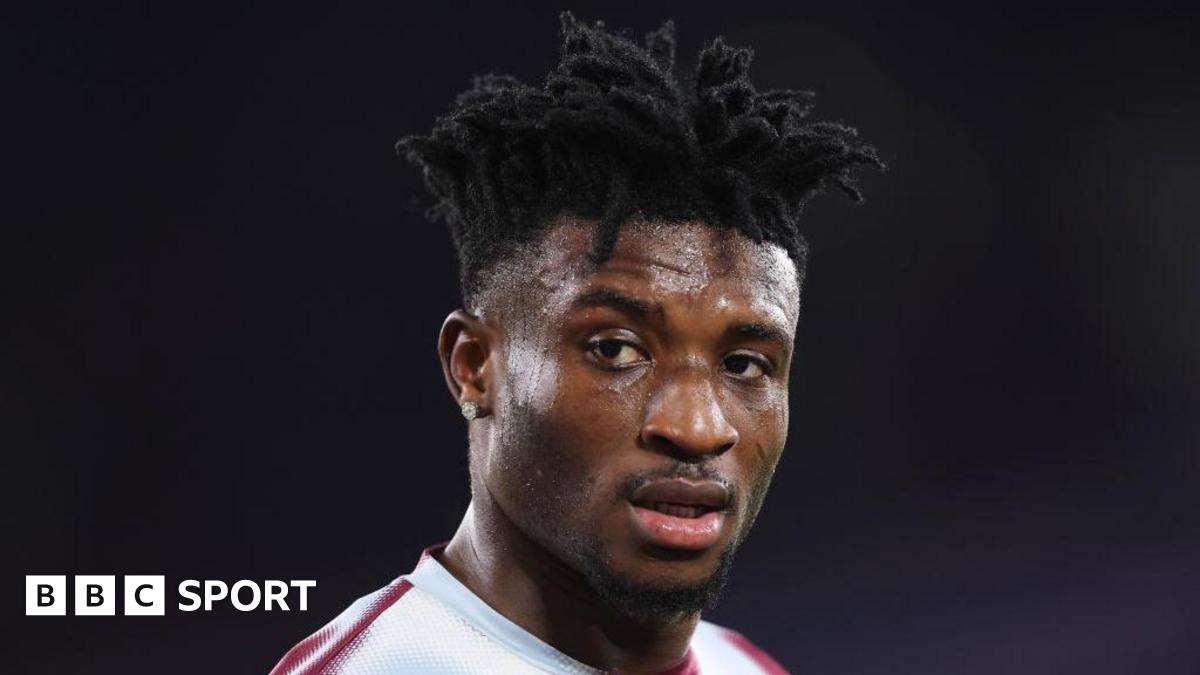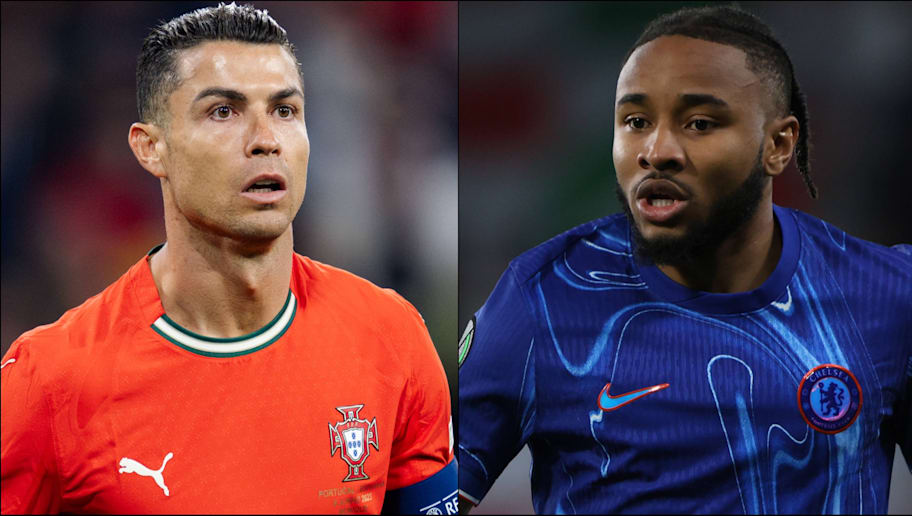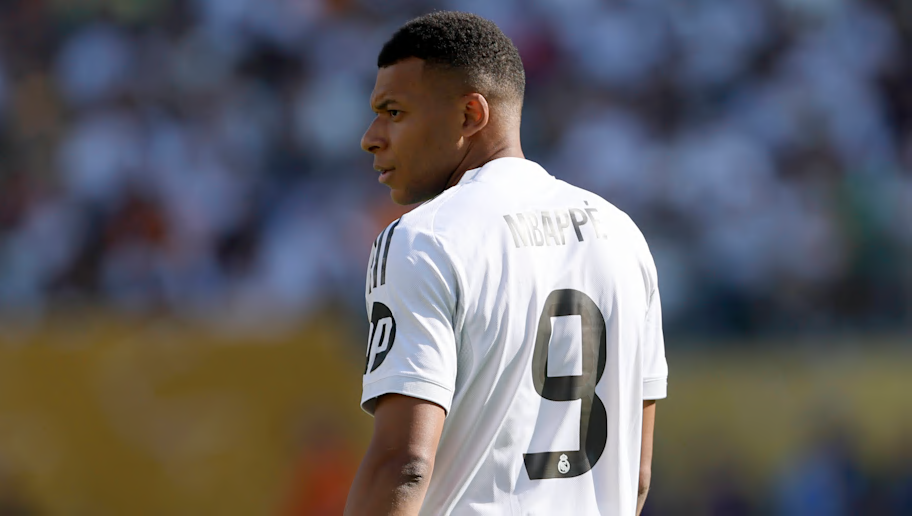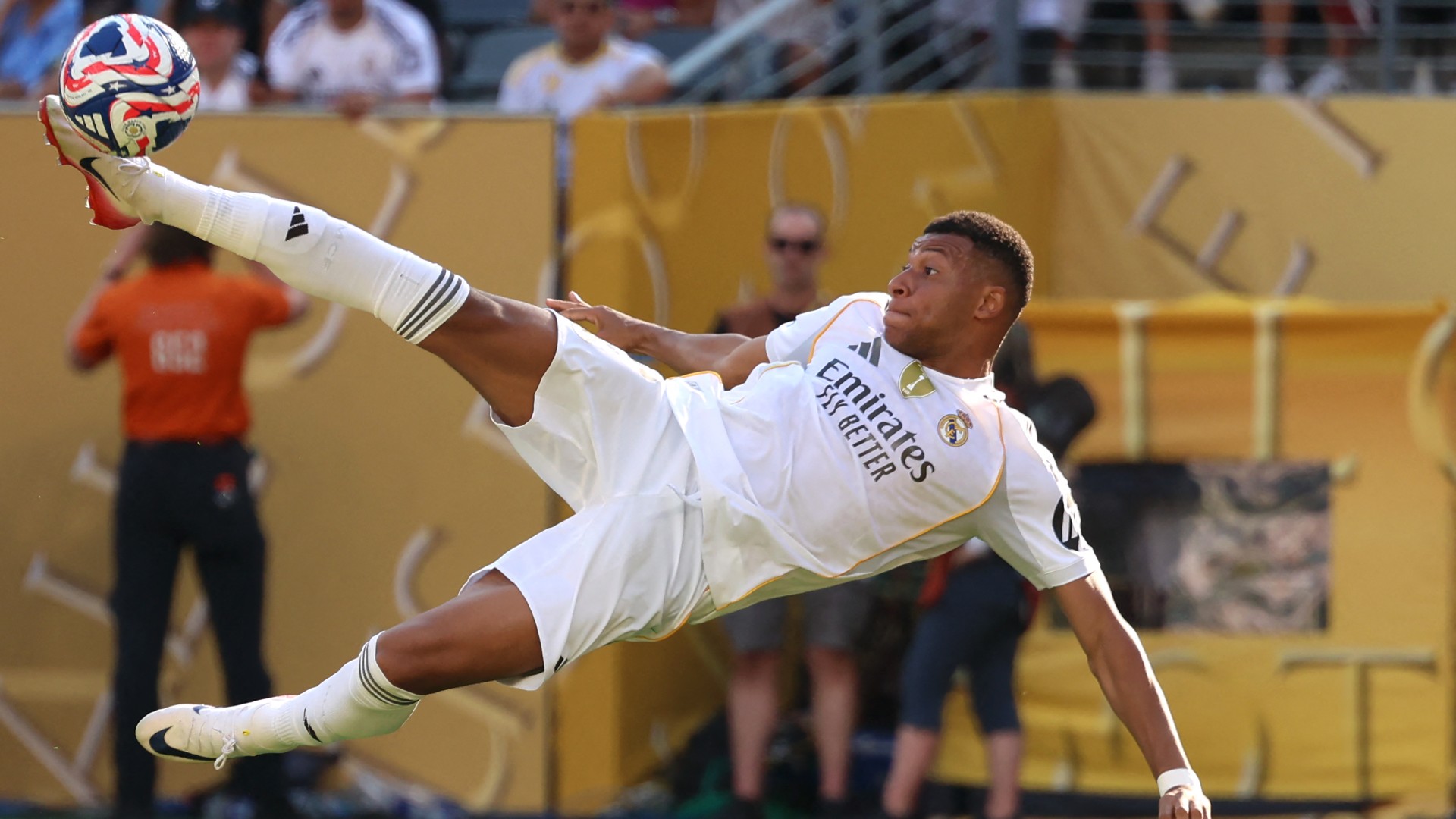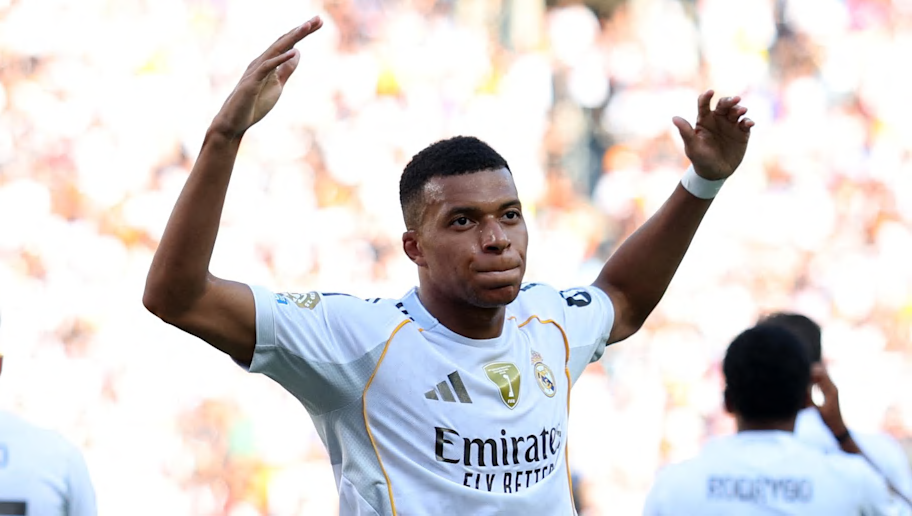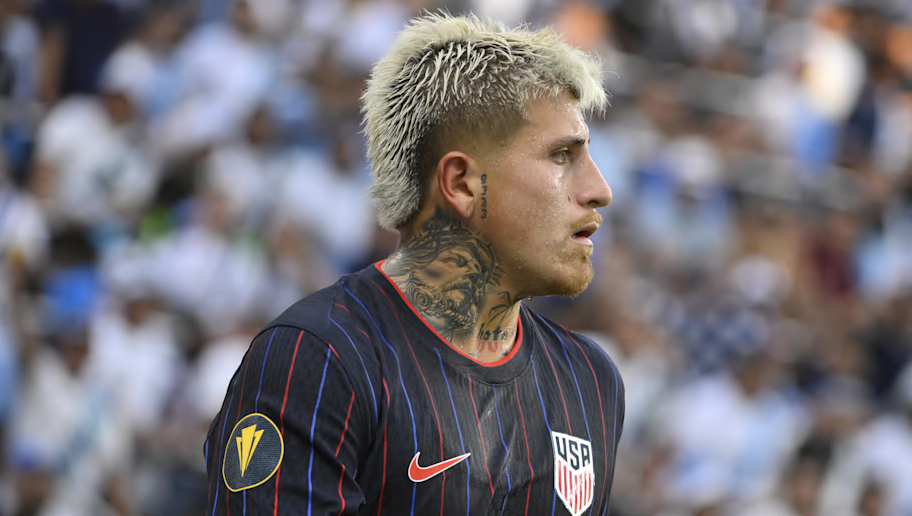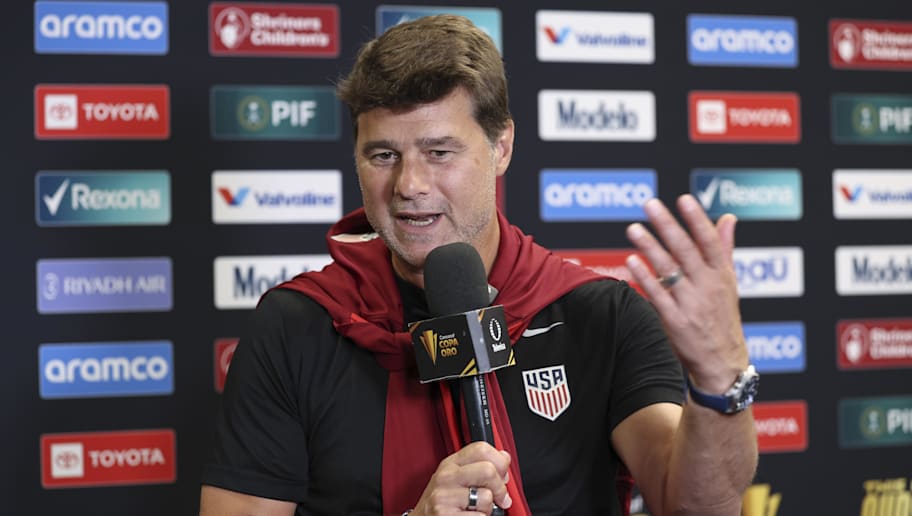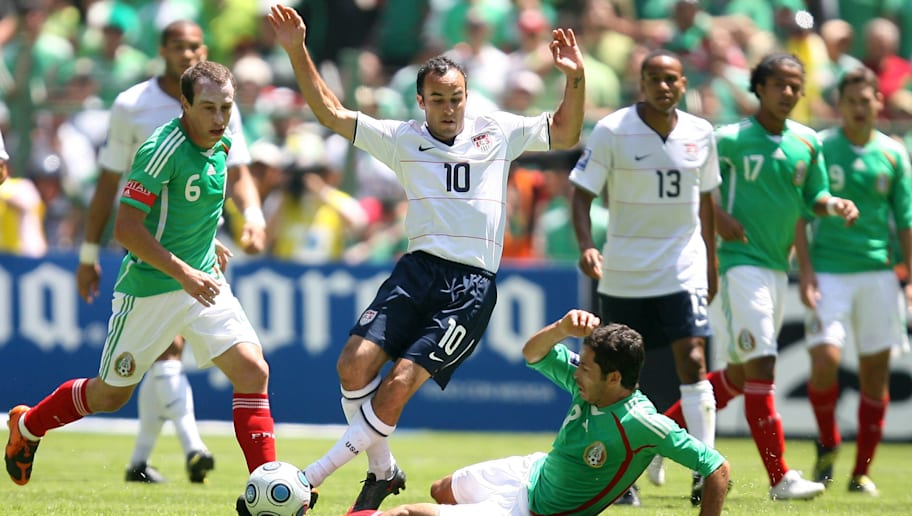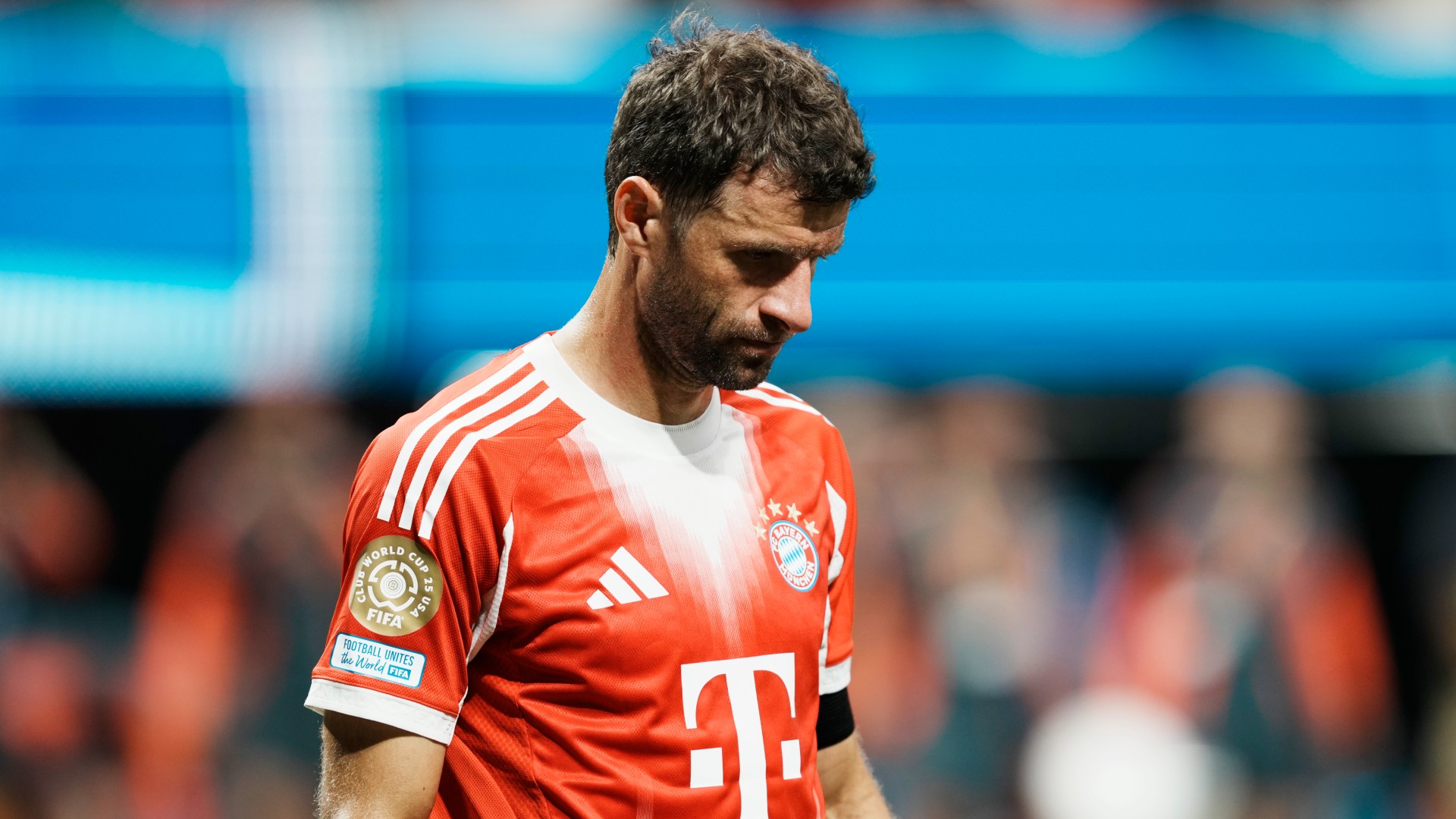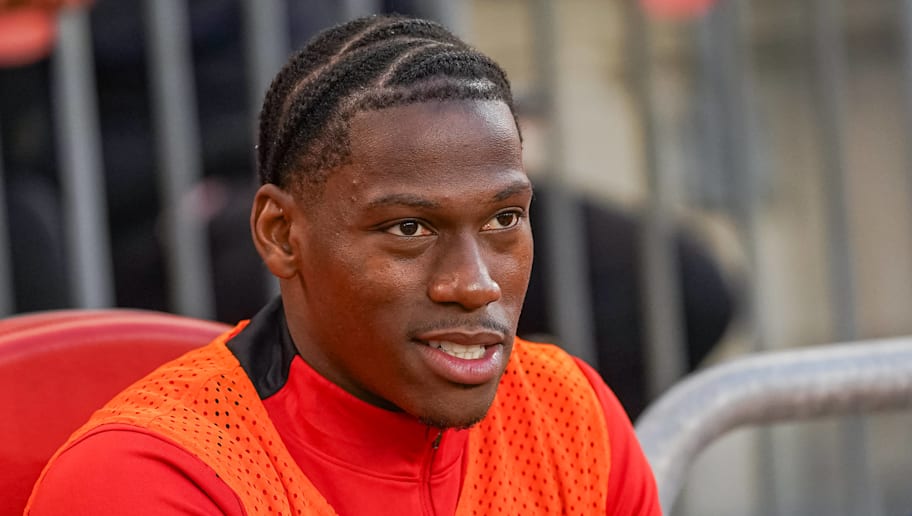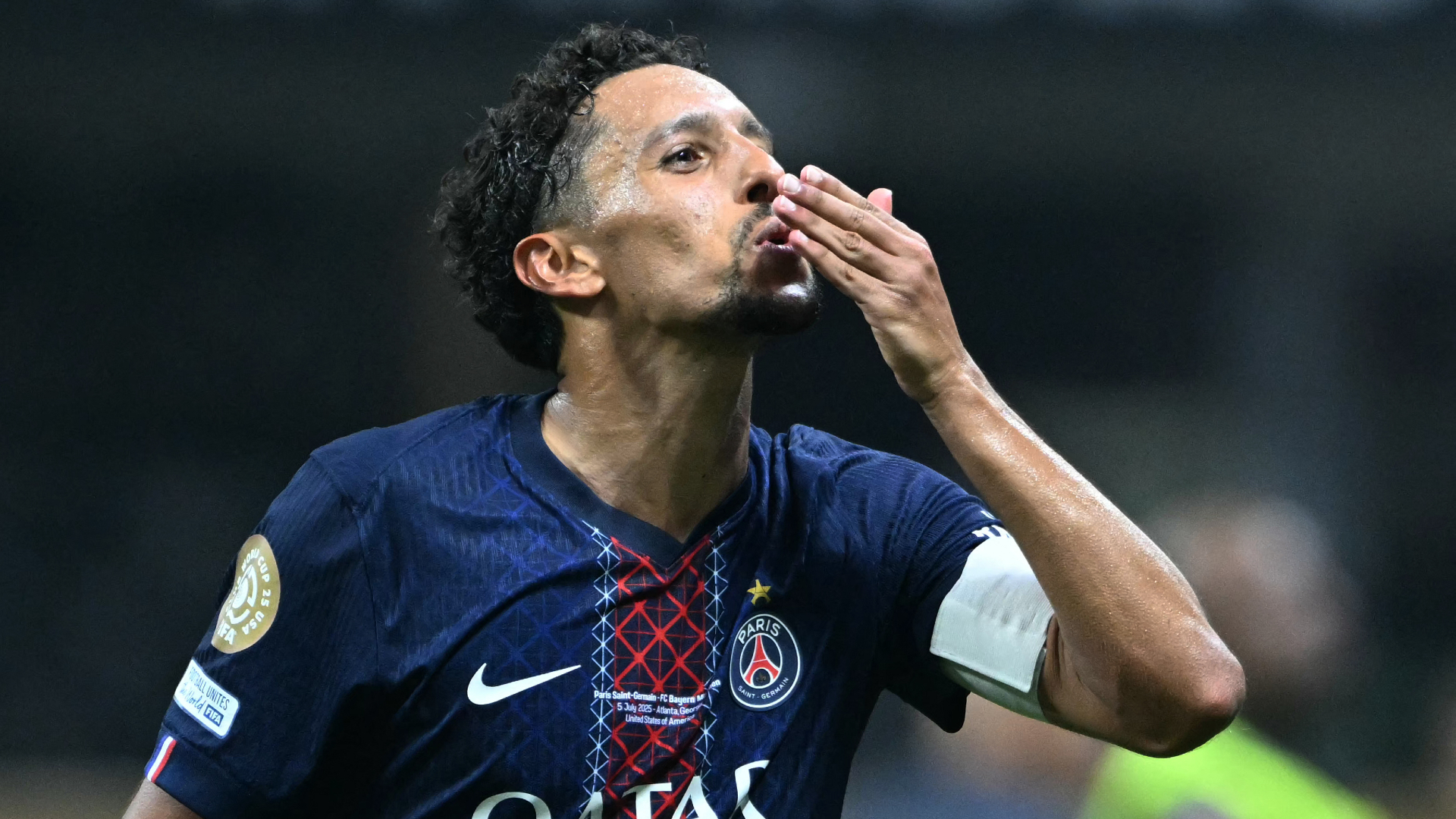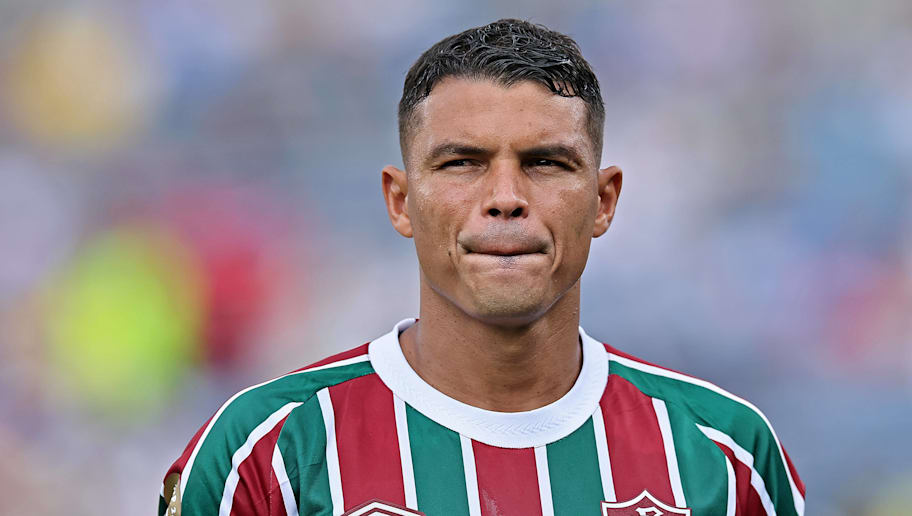Conte leaves Tottenham: Were Spurs right to part ways with the Italian?
Antonio Conte is out as Tottenham head coach, but were the Premier League side right to part company with a man who has won multiple titles?
Tottenham officially parted company with head coach Antonio Conte on Sunday after 16 months in charge.
Conte guided Spurs to a top-four finish in the Premier League upon taking over last season, but a 2022-23 campaign that promised plenty has proved incredibly underwhelming.
Spurs may again occupy fourth place, though some patchy form – particularly on their travels – has allowed Newcastle United to move to within two points with two games in hand.
After exiting the FA Cup and Champions League in quick succession, Conte's position was called into question amid suggestions he was seeking a way out of the club.
And after letting a two-goal lead slip in a 3-3 draw with bottom side Southampton in what turned out to be his final game in charge, the Italian criticised his players for being "selfish" and "not playing with a heart".
But does the blame for Spurs' latest trophy-less season really lie with Conte? After all, he is the seventh permanent boss to fail to win a trophy since their 2008 EFL Cup triumph.
Here, two Stats Perform writers argue the case for and against Conte's exit.
THE CASE AGAINST (ED HARDY)
The more things change, the more they stay the same
The boss is often shown the door because it is easier to remove one person than a full squad of players. But how many more world-class coaches do these Tottenham players have to go through before it is realised that the fault lies with them?
Over the years, much of this squad has been responsible for the downfall of Mauricio Pochettino and Jose Mourinho. Although the two managers were not completely void of any blame, it was not their fault that these players suffered a cup exit to League Two Colchester United, let a three-goal lead slip in the final 10 minutes against arch rivals West Ham, or went crashing out of the Europa League with a shock 3-0 defeat to Dinamo Zagreb.
Each time the boss played his strongest players, but embarrassment still occurred. Those embarrassments have continued into this season. How was Conte to blame for Tottenham's FA Cup defeat to Sheffield United when he was not even there? He was still in Italy recovering from surgery. Spurs did not even play a much-changed side that day either, as most first-choice players started, and yet they still lost.
From kick-off, the Bramall Lane crowd were right on the Spurs players and they did not like it. After the draw at Southampton, one of the many things Conte said was that his players do not want to play under pressure. He was right. There is a lot of quality at the club, but that is overshadowed by too many players who are not good enough. Japhet Tanganga, Davinson Sanchez, Clement Lenglet, Ryan Sessegnon and Lucas Moura, just to name a few, are not up to the standard and yet apparently that was Conte's fault?
Patience was what was required for Conte to turn the situation around – it took Mikel Arteta three years to do so at Arsenal, for example – and get a squad capable of challenging.
However, that has not happened in this case and once again a world-class coach – who won a league title with Inter in Serie A the season before joining Spurs – has been dragged down by his players.
Too much deadweight
It is important to first debunk a myth that Conte was not backed by the board, because he was. From Dejan Kulusevski to Richarlison to Pedro Porro, and many more in between, the club bought quality players in every transfer window Conte was at the club. But the problems lie way beyond that. The mentality of a football club is set from the top, and it seems under chairman Daniel Levy that Tottenham lack the nous needed to win big trophies.
Simply achieving European football has always been considered a success in his eyes, and that mentality has seeped through the club. One EFL Cup in 22 years of Levy says it all.
There is also the problem of outgoings. Too many average players have stayed at Spurs for far too long. For example, Sanchez and Lucas have both been there for over five years, Tanganga has been a first-team regular for four seasons, while Eric Dier and Ben Davies are approaching a decade at the club.
Why has Levy allowed these players to stick around under big contracts? That is not to even mention all the other deadwood – Harry Winks, Giovani Lo Celso, etc – still technically on Tottenham's books, but on loan at clubs across Europe.
Although Conte was not completely innocent in all of this, these are some of the players he had to contend with and it was never going to be the type of fix that happened overnight.
THE CASE FOR (DANIEL LEWIS)
Negative tactics and questionable selection calls
As someone who can boast five league titles across spells with Juventus, Inter and Chelsea in Italy and England, Conte is rightly lauded as an elite coach. With elite coaches often comes excess baggage, and in this instance Conte's latest rant – having already backtracked after a similar tirade earlier in the month – was always going to be the final straw.
The Italian was eager to point the blame at his players, yet Tottenham managed just five shots on target across 180 minutes of their Champions League last-16 defeat to Milan, despite needing a goal from early on in the tie following Brahim Diaz's decisive strike. Conte's decision to effectively tell his side not to attack played a bigger part in their disappointing exit than any off-day from certain players. Likewise in the FA Cup elimination at the hands of Sheffield United when naming undoubted star player Harry Kane among the substitutes – another major call that backfired.
Spurs boast a talented squad – they are fourth in the Premier League after all – but there is no doubt they are stronger in attacking sense than defensively. You have to go down as far as Wolves in 13th to find a side that has conceded more goals than Tottenham this season. In their most recent full season prior to Conte's arrival, they had conceded just 30 goals at the same stage. Conte's pragmatic approach, which fans would reluctantly accept if it equated to trophies, did not make Spurs any stronger defensively. It was all pain and no gain.
Backed by the board
Conte was afforded the type of backing that predecessors Mourinho and Pochettino could only have dreamt of. The reason expectations were so high at Spurs this campaign was because of the business they conducted early in the transfer window when bringing in the likes of Ivan Perisic, Yves Bissouma, Richarlison and – whether he wanted him or not – Djed Spence. Couple this with Kane staying at the club and Spurs' squad was arguably as strong as it has ever been.
There was also some truth to Conte's comments that Tottenham have perhaps become too used to failing – relatively speaking – regardless of who is in the dugout. But this was exactly the reason the Italian was brought on board and paid so handsomely by Levy – to turn around that endless cycle of falling short of landing silverware and at the same time continue to challenge for a top-four spot in the Premier League.
Yet Conte did not come close to lifting a cup and bowed out with a points-per-game return of 1.88, which puts him only marginally ahead of Andre Villas-Boas (1.83), who lasted two games fewer in charge of Tottenham. That, ultimately, is the legacy he is leaving behind.
